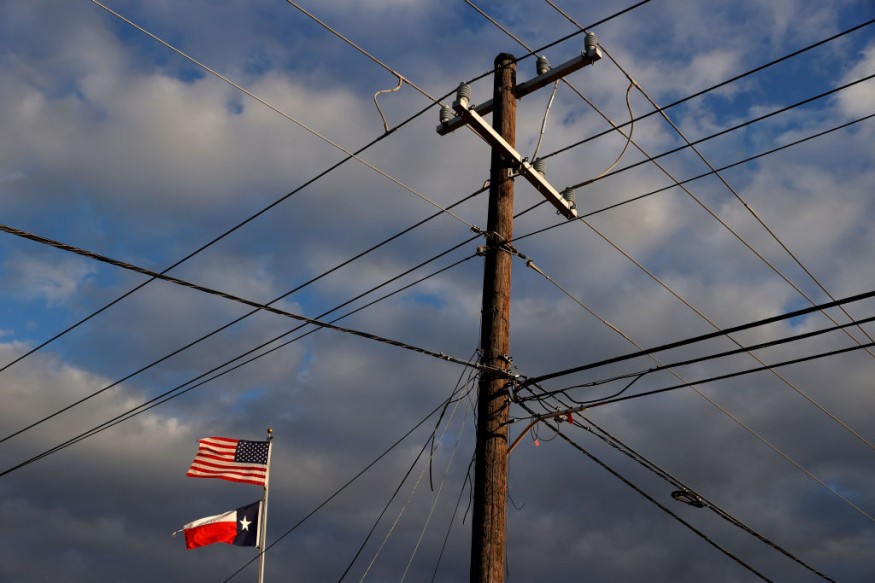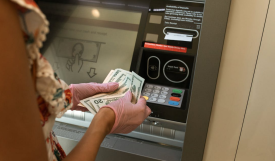4 Texas Grid Board Members to Resign After Winter Storm Leaves Millions Without Electricity

Four board members of Texas' power grid operators plan to leave their post after last week's widespread blackouts, which left millions of people without electricity amid the cold weather situations.
Electric Reliability Council of Texas (ERCOT) board chairwoman and vice chairman with two other board members issued a letter announcing their intention to resign from their position at a meeting on Wednesday, NBC News reported.
"To allow state leaders a free hand with the future direction and to eliminate distractions, we are resigning from the board effective after our urgent board teleconference meeting adjourns on Wednesday," they wrote in their letter filed with the Texas Public Utility Commission.
The letter was signed by Chairwoman Sally Talberg and Vice Chairman Peter Cramton. Finance and Audit Committee Chairman Terry Bulger and Human Resources and Governance Committee Chairman Raymond Hepper also signed in the letter.
Meanwhile, ERCOT, the agency that runs Texas' electricity grid, did not respond to NBC News' request for comments.
According to a Forbes report, federal agencies that manage the U.S. electricity sector have announced investigations of the failure of many of the state's power plants.
The Federal Energy Regulatory Commission and the North American Electricity Reliability Corporation said in a joint statement that they would look into the bulk-power system's operations amid the winter weather conditions experienced in Midwest and South-central states.
Related story : Texas Should Bear the Responsibility of Paying Residents' High Energy Bills, Houston Mayor Says
Texas Energy Bills
Texas operates its power grid independently, unlike other states. This allows Texas to avoid some federal regulation. However, it also constrains its ability to import power and gas during emergencies.
The recent winter storm left customers in Texas with sky-high electricity bills, and it is unclear who will pay for the exorbitant bills.
Michael Webber, a professor of energy resources at the University of Texas at Austin, said that "everybody" would have to pay for it some way, meaning taxpayers, shareholders, or customers.
"But it'll take a few months for details to shake out," Webber said in another NBC News report.
Last weekend, Texas Governor Greg Abbott announced that the state's Utility Commission had put a moratorium on customer disconnections for nonpayment to address the huge bills. Abbott said he has met with legislators about how the state could help reduce the energy bills burden on consumers.
President Joe Biden has already approved a major disaster declaration for Texas. It will provide federal assistance for temporary housing and home repairs in Texas.
Rep. Michael McCaul said over the weekend that the plan is to use federal assistance to build damage and cover the cost of electricity bills.
San Antonio Mayor Ron Nirenberg said there would be "hell to pay" if residents are expected to carry the bill for the ballooning electricity costs.
Nirenberg added that it would be unconscionable for bills to be put on the backs of the state's residents, who have been suffering and freezing in their homes for the last week.
Subscribe to Latin Post!
Sign up for our free newsletter for the Latest coverage!
© 2025 Latin Post. All rights reserved. Do not reproduce without permission.














